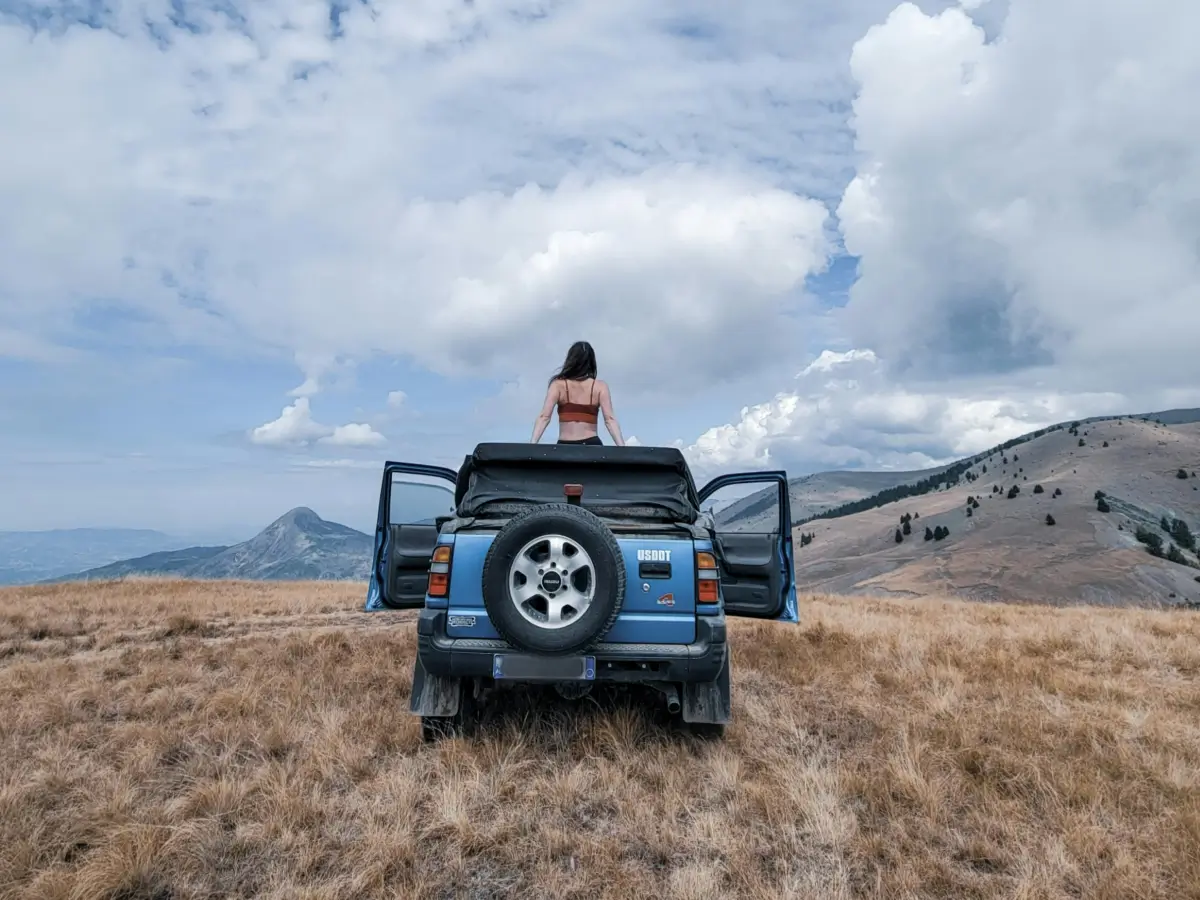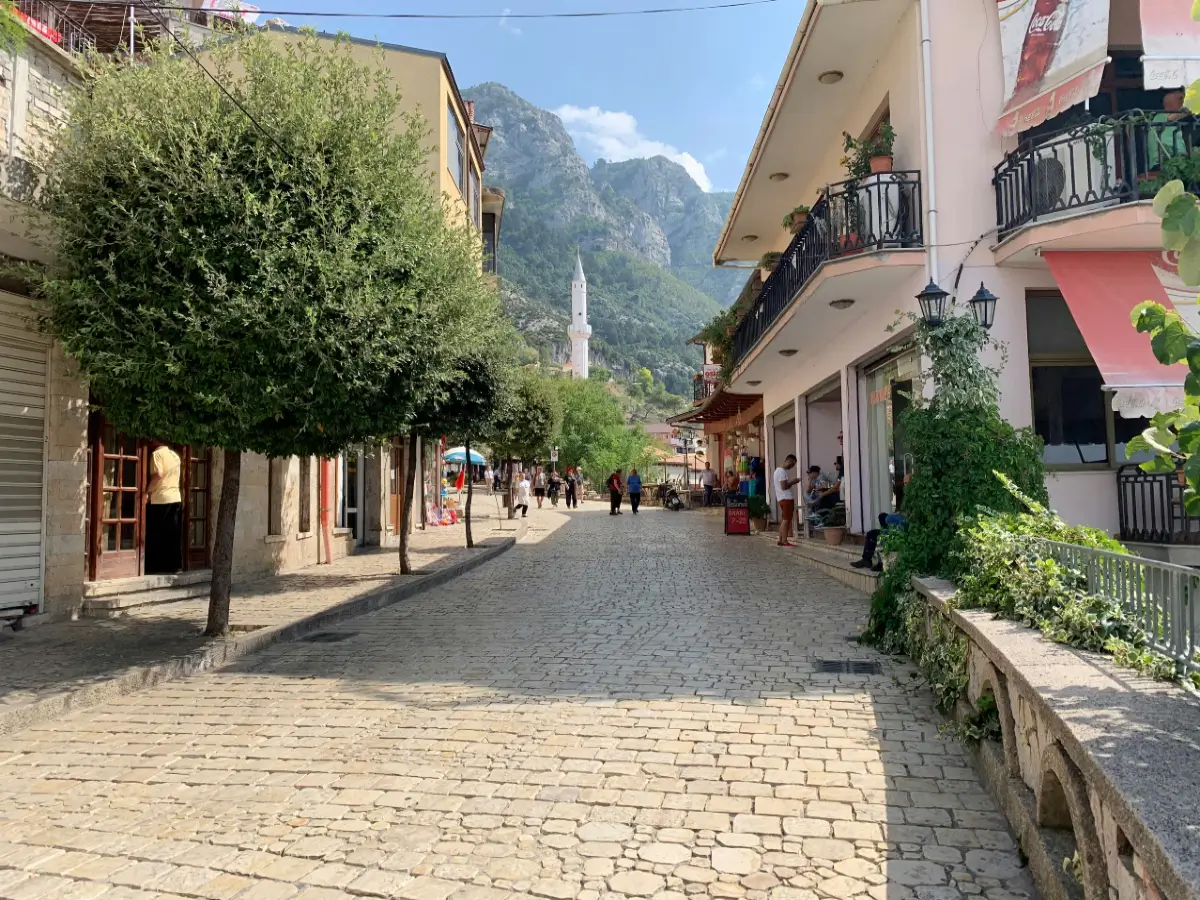Driving in Albania is a distinctive experience that combines unpredictable traffic with incredible scenery. Whether you’re navigating the winding mountain roads of the north or the coastal highways of the south, Albania’s road culture requires attention, flexibility, and local awareness.
The driving style can feel chaotic at first, but with time, many drivers adapt to the rhythm. Understanding the conditions and customs in advance helps avoid surprises and makes the journey smoother.

What to expect on Albanian roads
From infrastructure to driver behavior, several traits stand out when driving in Albania:
-
Local drivers are assertive, often ignoring lane discipline or signaling habits
-
Road quality varies widely, with some modern highways and other roads filled with potholes or lacking markings
-
Traffic lights may be ignored, especially in less-policed areas or during quiet hours
-
Pedestrians cross anywhere, not always at crosswalks
-
Roundabouts can be confusing, with unclear rules and inconsistent priority
-
In rural areas, animals, carts, and tractors may share the road
-
Parking can be difficult, especially in Tirana, where space is tight and rules are loosely followed
Major roads such as the SH2 and SH4 are generally well-maintained, while mountainous routes like the road to Theth require slow driving, careful navigation, and in some cases, a 4×4 vehicle.
Renting a car and driving as a visitor
Car rental services are available in Tirana, Durrës, and other major cities, as well as airports. Renting a car gives you access to areas that public transport doesn’t cover, especially remote villages, beaches, and historical sites.
You’ll need a valid license and passport. An international driving permit is recommended, especially for longer stays. Most vehicles are manual, and automatic models are limited in availability.
Fuel stations are frequent, and fuel is available in both petrol and diesel. Payment by card is widely accepted, though carrying some cash is useful in remote areas.
Driving culture and unspoken rules
Albanian drivers often rely on instinct rather than strict rule-following. It’s common to see:
-
Drivers honking lightly to alert others at blind curves
-
Quick overtaking on narrow roads
-
Motorbikes and scooters weaving between cars
-
Flashing headlights used as a warning signal
While this may seem disorganized, many locals drive with heightened awareness of their surroundings. As a visitor, the best approach is to drive calmly, be cautious at intersections, and always expect the unexpected.

Road signs, speed limits, and enforcement
Road signs in Albania follow European standards, but signage can be inconsistent, especially outside major roads. Speed limits are:
-
40 km/h in urban areas
-
80 km/h on secondary roads
-
110 km/h on highways (where allowed)
Police checkpoints are common. Officers may ask for license, registration, and insurance. Most interactions are respectful and routine, but it’s important to remain calm and cooperative.
Safety in rural and mountain regions
Rural roads often have little lighting, narrow lanes, and limited maintenance. In northern and eastern regions, snow or ice may affect winter driving conditions. GPS may be unreliable in remote areas, so offline maps or local guidance can help.
Many visitors use 4x4s for trips to destinations like Theth, Valbona, or mountain passes in the south. Road conditions can change quickly due to weather or construction, especially outside peak tourist months.